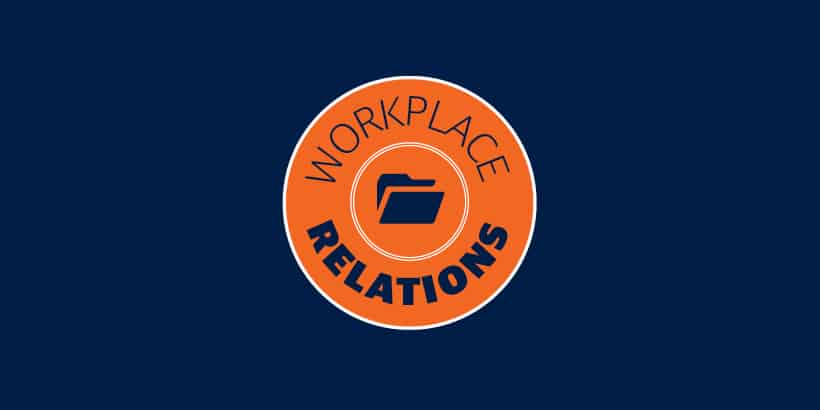
Medicare Compliance Priorities 2021-2022
November 25, 2021
Sexual harassment
November 25, 2021WORKPLACE RELATIONS
Medical complaints
COVID contributed to a spike in the number of complaints received by the HCCC in 2019-2020.
In 2019-2020 the number of complaints received by the Health Care Complaints Commission increased by 7.6%.
Complaints regarding medical practitioners made up 51.9% of the 5,131 complaints received and the number of complaints regarding medical practitioners increased by 12% on the previous year.
- 44% of the complaints related to general medicine (47.2% in 2018-19)
- 8.8% of the complaints related to surgery (10.3% in 2018-19)
- 4.5% of the complaints related to mental health care (5.2% in 2018-19)
- 3.9% of the complaints related to psychiatry (2.2% in 2018-19)
- 2.4% of the complaints related to cosmetic surgery (2.3% in 2018-19)
Of the total number of complaints, 457 concerned COVID-19 issues and 61.7% were regarding or involved medical practitioners.
Subject matter of complaints
The most commonly raised issue about medical practitioners were:
- Treatment (51.2% of complaints): Two thirds of all treatment-related issues regarding doctors involved inadequate treatment, inadequate care and inadequate or inappropriate consultation.
- Professional Conduct (17.1% of complaints): Competence, impairment and breaches of guidelines / law accounted for 46.4% of the professional conduct complaints.
- Communication (13.7% of complaints). Medical practitioners were the subject of over half of communication complaints.
Outcomes
The most common outcome for complaints regarding medical practitioners was a discontinuation of the complaint after initial assessment.
The proportion of complaints that were discontinued with comments increased marginally, from 17.5% to 19.2%. Across all health professions, this result is most common in complaints regarding doctors.
The proportion of complaints referred to the Medical Council of NSW decreased from 15.6% (2018-19) to 13.1% (2019-20). However, the proportion of complaints referred to another body increased significantly from 3.2% (2018-19) to 4.9% (2019-20) (attributable to COVID-related complaints).
Whilst the vast majority of investigations (94.1%) related to individual registered practitioners, only 4.8% of complaints about medical practitioners were referred for investigation. This is notably lower than last year (6.6% in 2018-19). The HCCC noted that it is possible that the number of medical practitioners referred for investigation was less because of the impact of COVID-19-related delays in section 150 processes.
The proportion of pharmacist complaints investigated was four times higher than medical practitioners. The increase is attributed to the increasing attention to the management of highly addictive medications, the potential diversion of medications, and the risks associated with poor practices.
Whilst there was a decrease in the number and proportion of medical practitioners referred for investigation, the trend of individual practitioners being the subject of multiple investigations continued. Of the 187 individual registered practitioners referred for investigation in 2019-20, 124 (66.3%) generated two or more investigations. Of the investigations into registered practitioners, 7.8% resulted in no further action.
The most frequent outcome of an investigation of a complaint involving a registered practitioner is referral to the Director of Proceedings for a decision as to whether a disciplinary complaint should be prosecuted before a Tribunal or Council.
COVID-related complaints
As noted above, 61.7% of COVID-related complaints were made regarding or involved medical practitioners.
Forty percent of those complaints were made about health organisations:
- 26.9% were about public hospitals
- 22% (one in five) were about medical centres
- 10% were about pharmacies or government departments/officials
Approximately one third of the assessed COVID-19 related complaints were referred to another body – AHPRA (the most referrals), NSW Ministry of Health, the NSW Ombudsman, NSW Police, other government departments and the Federal Aged Care Quality and Safety Commission.
Approximately 5% of the assessed COVID-related complaints were referred to a Professional Council.
Article contributed by Dominique Egan & Cassie Christopher
